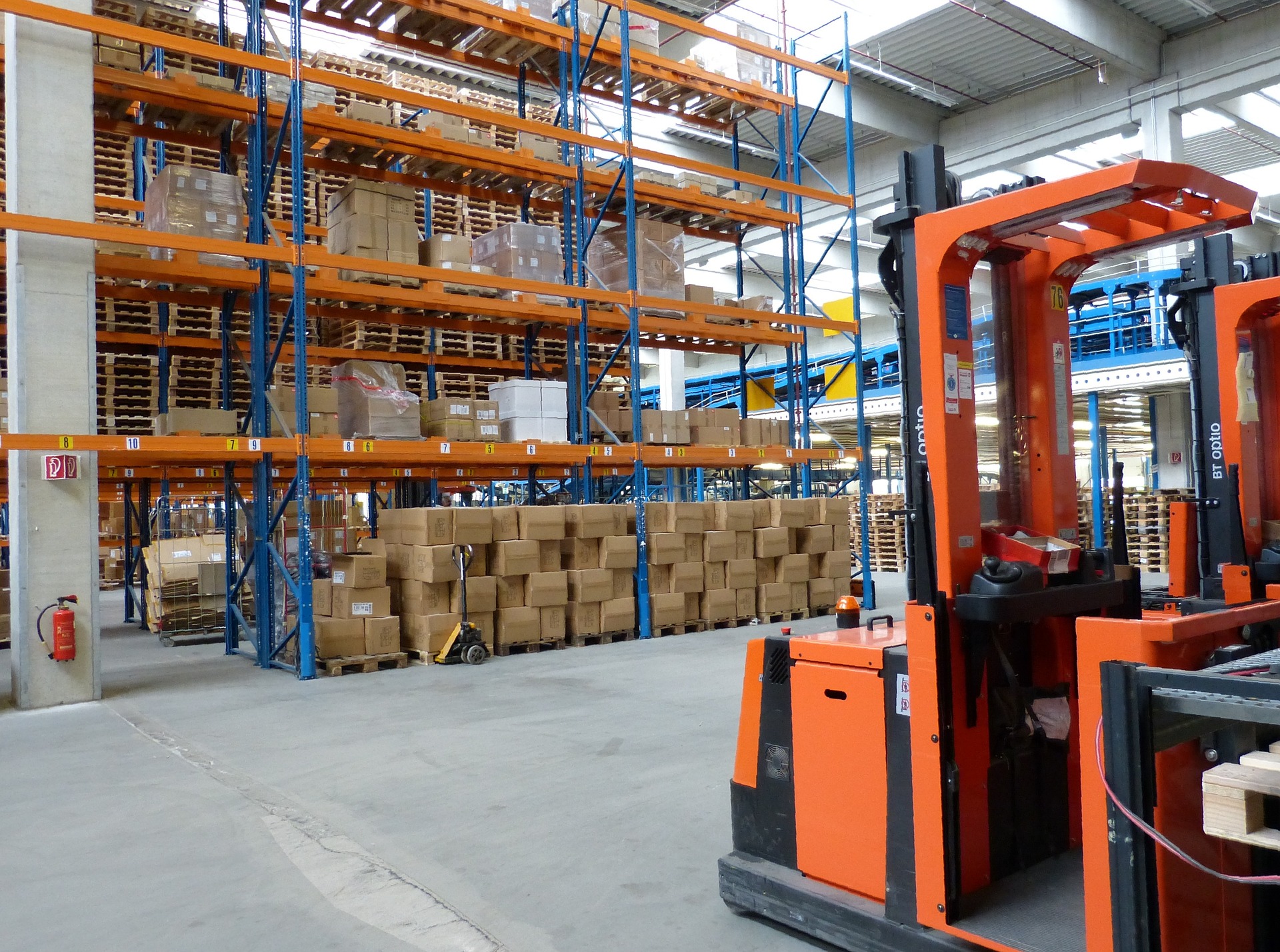Packing Jobs: A Comprehensive Guide to Warehouse and Manufacturing Careers
Working in packing jobs offers stable employment opportunities across various industries, from e-commerce fulfillment centers to manufacturing facilities. These positions play a crucial role in ensuring products reach customers safely and efficiently while maintaining quality control standards throughout the supply chain.
Required Skills and Qualifications
Most entry-level packing positions require a high school diploma or equivalent, though some employers may hire candidates without formal education. Key skills include:
-
Physical ability to lift 25-50 pounds regularly
-
Basic math and computer literacy
-
Strong attention to detail
-
Ability to work in fast-paced environments
-
Good hand-eye coordination
-
Team collaboration abilities
Work Environment and Conditions
Packing jobs typically take place in warehouse settings with climate control, though temperatures can vary depending on the facility. Workers usually stand for extended periods and may need to operate equipment like pallet jacks or conveyor systems. Shifts can include early mornings, evenings, or weekends, especially in facilities operating 24/7.
Career Growth Opportunities
Starting as a packer can lead to various career advancement paths within logistics and operations:
-
Lead Packer or Team Supervisor
-
Quality Control Inspector
-
Inventory Manager
-
Shipping/Receiving Coordinator
-
Warehouse Operations Manager
Compensation and Benefits
| Position Level | Average Hourly Rate | Annual Salary Range |
|---|---|---|
| Entry Level | $13-$16 | $27,040-$33,280 |
| Experienced | $16-$20 | $33,280-$41,600 |
| Lead/Supervisor | $18-$25 | $37,440-$52,000 |
Prices, rates, or cost estimates mentioned in this article are based on the latest available information but may change over time. Independent research is advised before making financial decisions.
Industry Outlook and Job Security
The packing industry continues to grow with the expansion of e-commerce and global trade. The Bureau of Labor Statistics projects steady demand for material moving workers, including packers, through 2030. Many companies offer stable employment with opportunities for overtime, especially during peak seasons like holidays.
Most facilities provide comprehensive training programs, making packing jobs accessible to those new to the workforce or transitioning between careers. The combination of steady demand, clear advancement paths, and minimal entry requirements makes packing jobs an attractive option for many job seekers looking for stable employment with growth potential.







